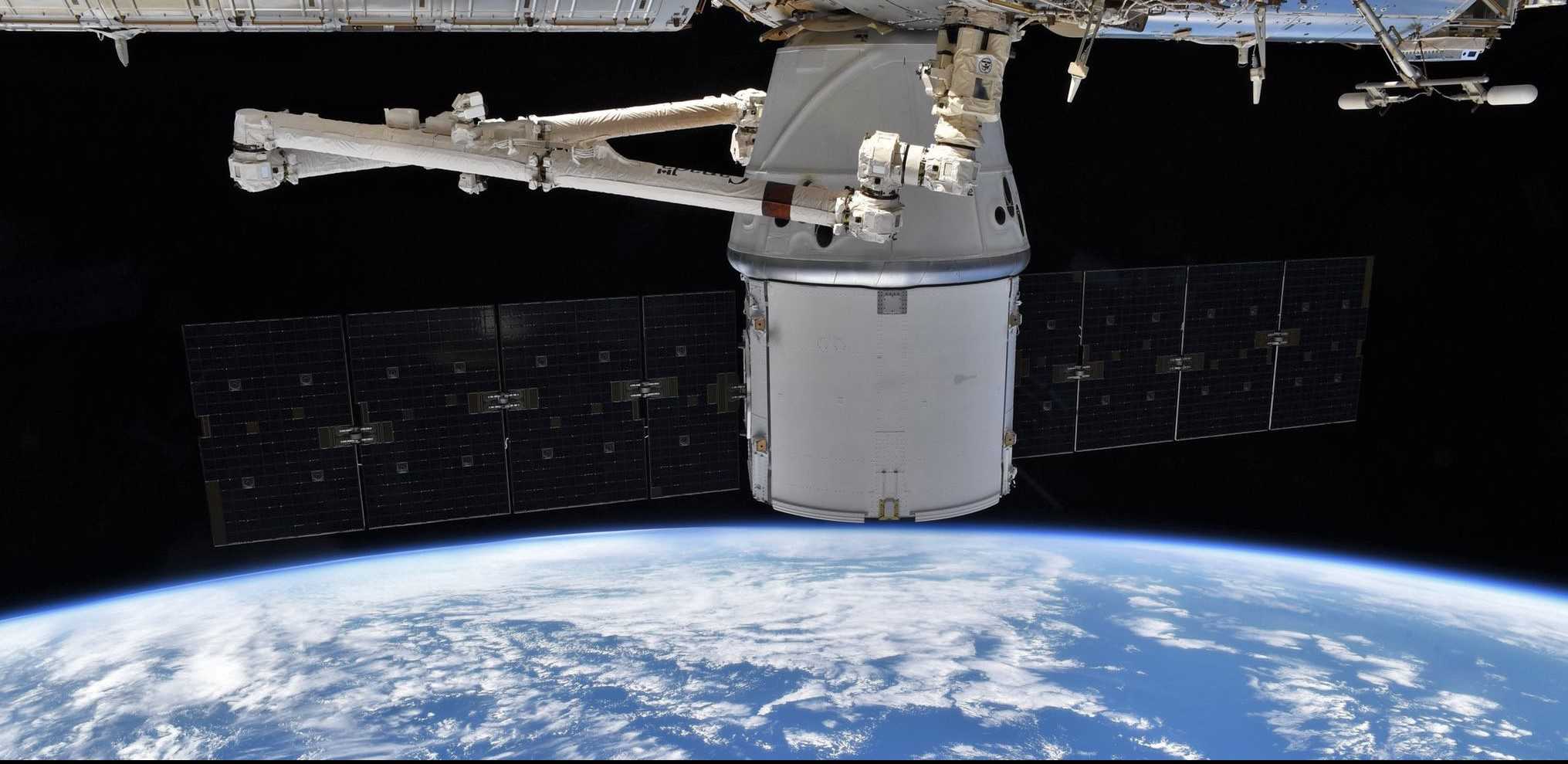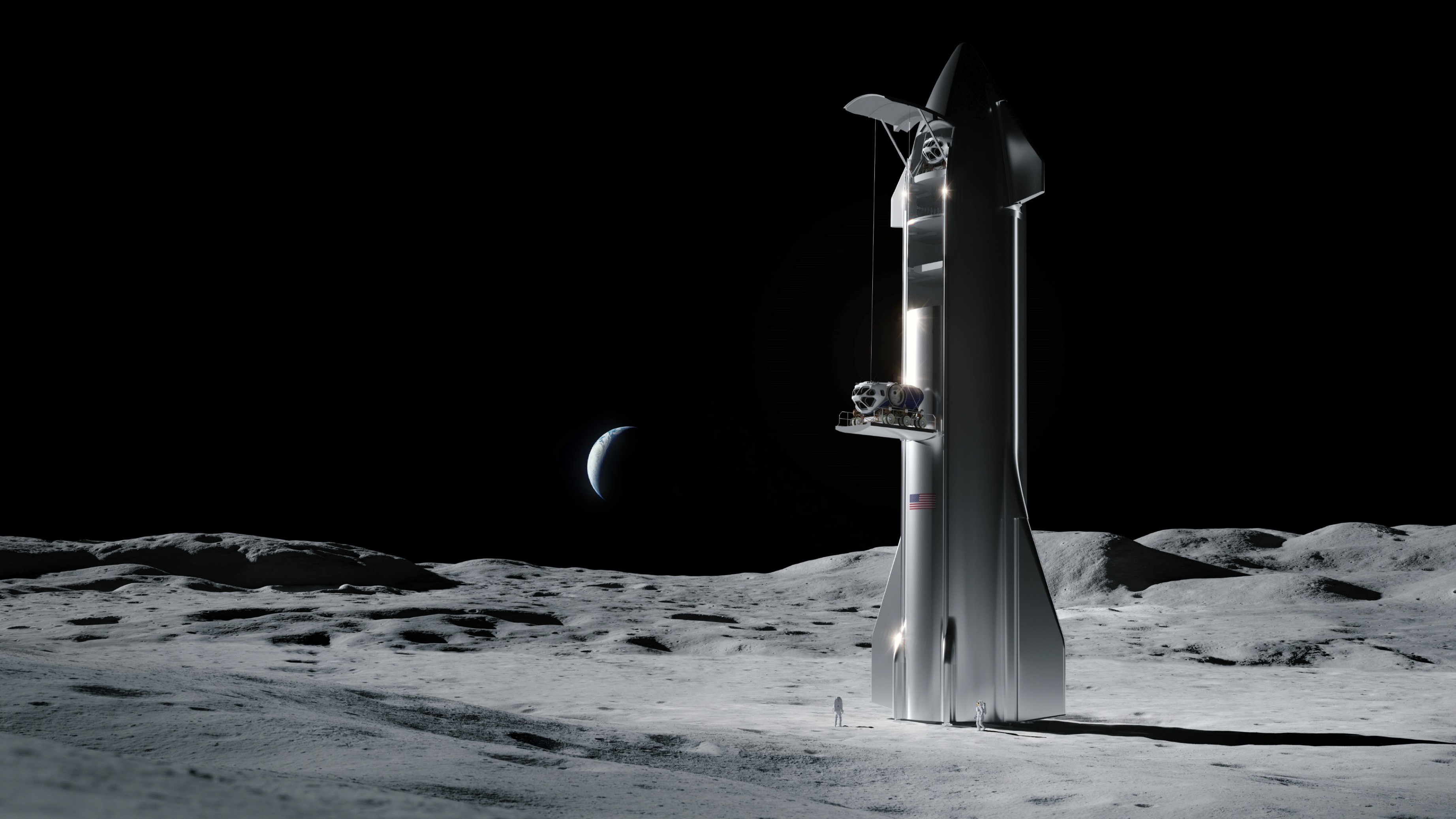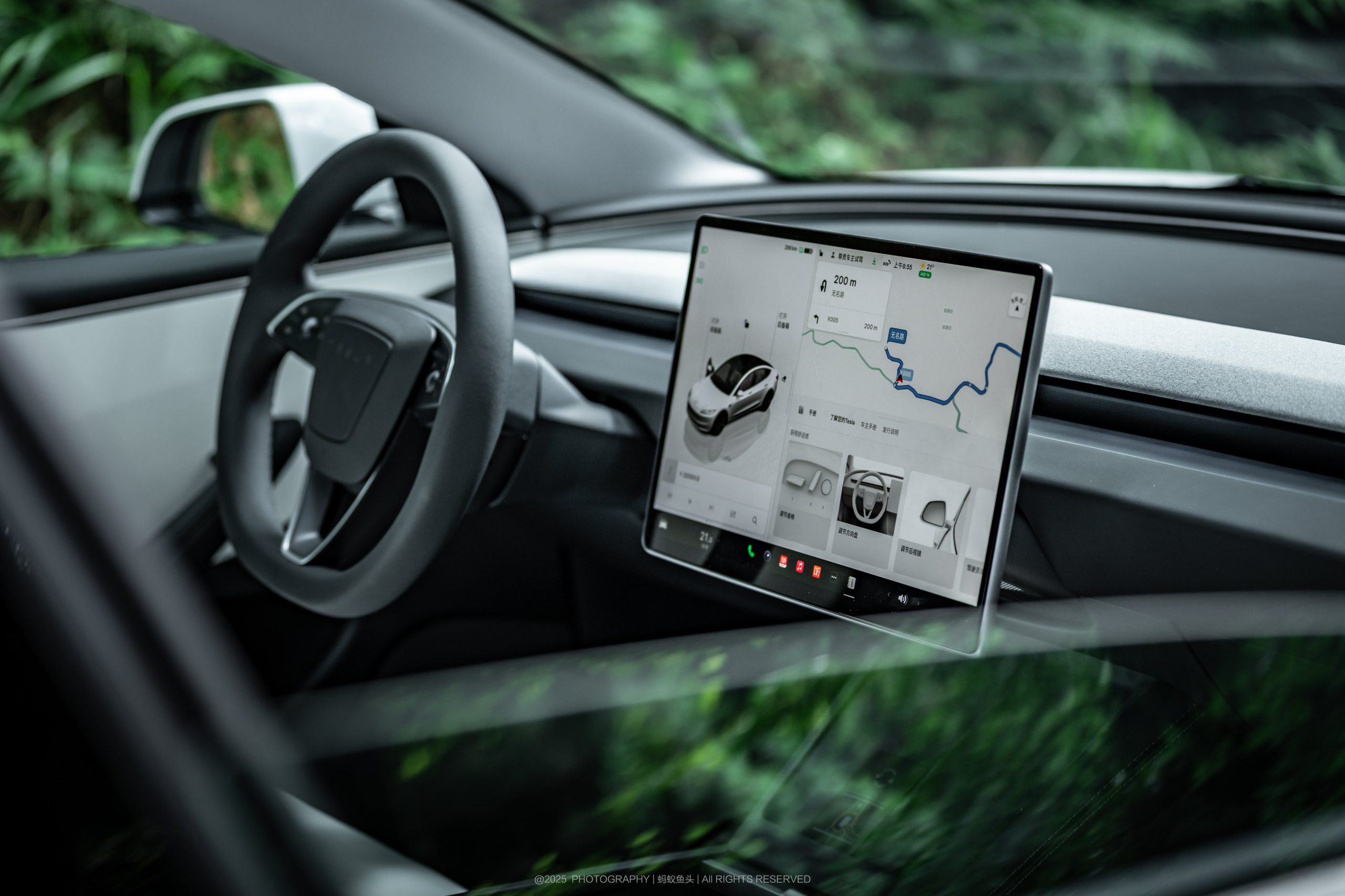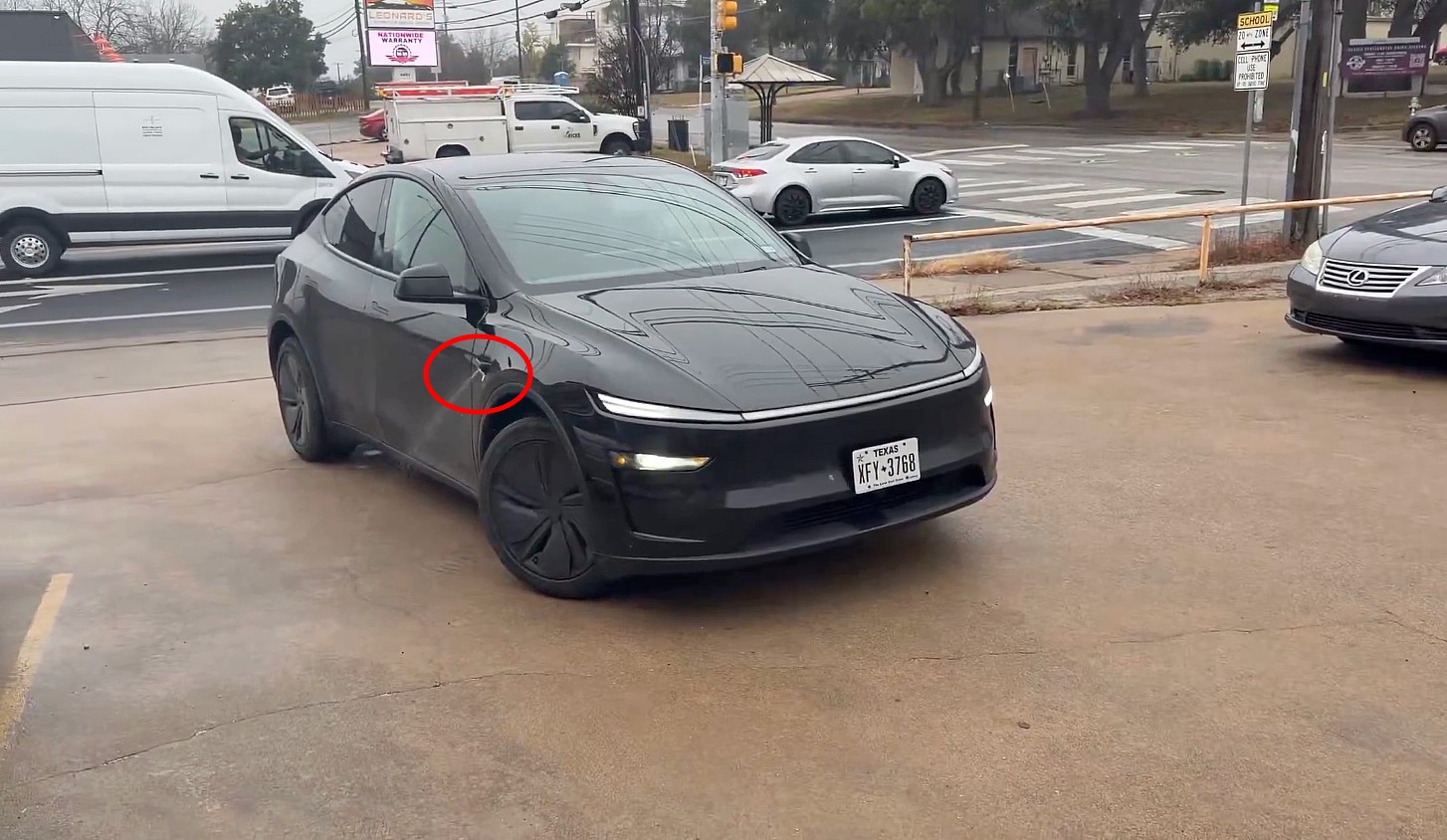News
SpaceX wins NASA contract to deliver cargo to Lunar Gateway moon outpost
SpaceX’s Dragon spacecraft has delivered cargo to the International Space Station, but soon it will carry goods to an orbit higher than the International Space Station: the lunar Gateway.
Agency officials announced Friday (March 27) that NASA selected SpaceX as the first commercial company to be contracted to deliver cargo to the upcoming Gateway. The California-based aerospace company will deliver cargo to lunar orbit, including research experiments, astronaut supplies, sample collection hardware, and more.
NASA has plans of returning to the moon, and an essential piece of architecture in that quest is a small space station, dubbed Gateway, that will orbit the moon. Construction on the lunar outpost is scheduled to begin in 2022, as part of the space agency’s larger effort to establish a long-term presence on the moon.
The moon will be a testbed to help the agency and its partners develop and test the technology needed for human missions to Mars. And the Gateway is a big part of that. The small space station will serve as a command post for both crewed and uncrewed excursions to the lunar surface. It will also serve as a facility for research experiments.
SpaceX will launch a variant of Dragon, optimized to carry more than 5 metric tons of cargo to Gateway in lunar orbit https://t.co/NdJaFU1xSD
— SpaceX (@SpaceX) March 27, 2020
Currently, SpaceX uses its Falcon 9 rocket to ferry cargo Dragon spacecraft to the space station. Each craft is capable of transporting around six metric tons (or 13,200 lbs.) to low-Earth orbit. After delivering its cargo, Dragon typically remains attached to the ISS for about a month before returning to Earth.
For the upcoming lunar missions, SpaceX proposed using its Falcon Heavy rocket to ferry a modified version of its Dragon spacecraft to the future outpost. The spacecraft, called Dragon XL, would deliver more than five metric tons of cargo, and the craft would stay docked for up to 12 months.

“Returning to the moon and supporting future space exploration requires affordable delivery of significant amounts of cargo,” said Gwynne Shotwell, SpaceX president, and COO. “Through our partnership with NASA, SpaceX has been delivering scientific research and critical supplies to the International Space Station since 2012, and we are honored to continue the work beyond Earth’s orbit and carry Artemis cargo to the Gateway.”
NASA first announced it was looking for companies to deliver cargo to the upcoming lunar station last summer; SpaceX is the first to be awarded a contract.
“This contract award is another crucial piece of our plan to return to the moon sustainably,” said NASA Administrator Jim Bridenstine. “The Gateway is the cornerstone of the long-term Artemis architecture, and this deep space commercial cargo capability integrates yet another American industry partner into our plans for human exploration at the moon in preparation for a future mission to Mars.”

Although SpaceX is the first, NASA is expected to announce at least one more company that will deliver cargo to the Gateway. To that end, the agency set aside a total of $7 billion (to be spent over a period of 12 to 15 years) for the delivery services. Each company selected will be guaranteed at least two missions.
NASA’s goal is to return to the moon by 2024 and to do so sustainably. To that end, the agency is relying on the commercial industry to help out. So far, the space agency has already awarded contracts for the Gateway’s power and propulsion element as well as a small habitat module.
But that’s not all; the space agency is also taking proposals for landing services. Last November, SpaceX announced its interest and that it planned to use its Starship to deliver robotic landers to the lunar surface. Starship was originally designed to ferry people to Mars, but like the rest of the lunar program, the first step for it could be delivering payloads to the moon.

Elon Musk
Tesla to increase Full Self-Driving subscription price: here’s when

Tesla will increase its Full Self-Driving subscription price, meaning it will eventually be more than the current $99 per month price tag it has right now.
Already stating that the ability to purchase the suite outright will be removed, Tesla CEO Elon Musk said earlier this week that the Full Self-Driving subscription price would increase when its capabilities improve:
“I should also mention that the $99/month for supervised FSD will rise as FSD’s capabilities improve. The massive value jump is when you can be on your phone or sleeping for the entire ride (unsupervised FSD).”
This was an expected change, especially as Tesla has been hinting for some time that it is approaching a feature-complete version of Full Self-Driving that will no longer require driver supervision. However, with the increase, some are concerned that they may be priced out.
$99 per month is already a tough ask for some. While Full Self-Driving is definitely worth it just due to the capabilities, not every driver is ready to add potentially 50 percent to their car payment each month to have it.
While Tesla has not revealed any target price for FSD, it does seem that it will go up to at least $150.
I should also mention that the $99/month for supervised FSD will rise as FSD’s capabilities improve.
The massive value jump is when you can be on your phone or sleeping for the entire ride (unsupervised FSD). https://t.co/YDKhXN3aaG
— Elon Musk (@elonmusk) January 23, 2026
Additionally, the ability to purchase the suite outright is also being eliminated on February 14, which gives owners another reason to be slightly concerned about whether they will be able to afford to continue paying for Full Self-Driving in any capacity.
Some owners have requested a tiered program, which would allow people to pay for the capabilities they want at a discounted price.
Unsupervised FSD would be the most expensive, and although the company started removing Autopilot from some vehicles, it seems a Supervised FSD suite would still attract people to pay between $49 and $99 per month, as it is very useful.
Tesla will likely release pricing for the Unsupervised suite when it is available, but price increases could still come to the Supervised version as things improve.
This is not the first time Musk has hinted that the price would change with capability improvements, either. He’s been saying it for some time. In 2020, he even said the value of FSD would “probably be somewhere in excess of $100,000.”
The FSD price will continue to rise as the software gets closer to full self-driving capability with regulatory approval. It that point, the value of FSD is probably somewhere in excess of $100,000.
— Elon Musk (@elonmusk) May 18, 2020
News
Tesla starts removing outright Full Self-Driving purchase option at time of order

Tesla has chosen to axe the ability to purchase Full Self-Driving outright from a select group of cars just days after CEO Elon Musk announced the company had plans to eliminate that option in February.
The company is making a clear-cut stand that it will fully transition away from the ability to purchase the Full Self-Driving suite outright, a move that has brought differing opinions throughout the Tesla community.
Earlier this week, the company also announced that it will no longer allow buyers to purchase Full Self-Driving outright when ordering a pre-owned vehicle from inventory. Instead, that will be available for $99 per month, the same price that it costs for everyone else.
The ability to buy the suite for $8,000 for a one-time fee at the time of order has been removed:
NEWS: Tesla no longer allows buyers to purchase FSD outright in the U.S. when ordering a pre-owned vehicle directly from inventory. Tesla now gives you the option to either subscribe for $99/month, or purchase FSD outright after taking delivery (available until February 14th). pic.twitter.com/1xZ0BVG4JB
— Sawyer Merritt (@SawyerMerritt) January 23, 2026
This is a major move because it is the first time Tesla is eliminating the ability to purchase FSD outright for one flat fee to any of its vehicles, at least at the time of purchase.
It is trying to phase out the outright purchase option as much as it can, preparing people for the subscription-based service it will exclusively offer starting on February 14.
In less than a month, it won’t be available on any vehicle, which has truly driven some serious conversation from Tesla owners throughout the community.
There’s a conflict, because many believe that they will now lose the ability to buy FSD and not pay for it monthly, which is an attractive offer. However, others believe, despite paying $8,000 for FSD, that they will have to pay more money on top of that cost to get the unsupervised suite.
Additionally, CEO Elon Musk said that the FSD suite’s subscription price would increase over time as capabilities increase, which is understandable, but is also quite a conflict for those who spent thousands to have what was once promised to them, and now they may have to pay even more money.
News
Tesla Robotaxi has a highly-requested hardware feature not available on typical Model Ys
These camera washers are crucial for keeping the operation going, as they are the sole way Teslas operate autonomously. The cameras act as eyes for the car to drive, recognize speed limit and traffic signs, and travel safely.

Tesla Robotaxi has a highly-requested hardware feature that is not available on typical Model Ys that people like you and me bring home after we buy them. The feature is something that many have been wanting for years, especially after the company adopted a vision-only approach to self-driving.
After Tesla launched driverless Robotaxi rides to the public earlier this week in Austin, people have been traveling to the Lone Star State in an effort to hopefully snag a ride from one of the few vehicles in the fleet that are now no longer required to have Safety Monitors present.
BREAKING: Tesla launches public Robotaxi rides in Austin with no Safety Monitor
Although only a few of those completely driverless rides are available, there have been some new things seen on these cars that are additions from regular Model Ys, including the presence of one new feature: camera washers.
With the Model Y, there has been a front camera washer, but the other exterior “eyes” have been void of any solution for this. For now, owners are required to clean them manually.
In Austin, Tesla is doing things differently. It is now utilizing camera washers on the side repeater and rear bumper cameras, which will keep the cameras clean and keep operation as smooth and as uninterrupted as possible:
🚨 Tesla looks to have installed Camera Washers on the side repeater cameras on Robotaxis in Austin
pic.twitter.com/xemRtDtlRR— TESLARATI (@Teslarati) January 23, 2026
Rear Camera Washer on Tesla Robotaxi pic.twitter.com/P9hgGStHmV
— TESLARATI (@Teslarati) January 24, 2026
These camera washers are crucial for keeping the operation going, as they are the sole way Teslas operate autonomously. The cameras act as eyes for the car to drive, recognize speed limit and traffic signs, and travel safely.
This is the first time we are seeing them, so it seems as if Safety Monitors might have been responsible for keeping the lenses clean and unobstructed previously.
However, as Tesla transitions to a fully autonomous self-driving suite and Robotaxi expands to more vehicles in the Robotaxi fleet, it needed to find a way to clean the cameras without any manual intervention, at least for a short period, until they can return for interior and exterior washing.









